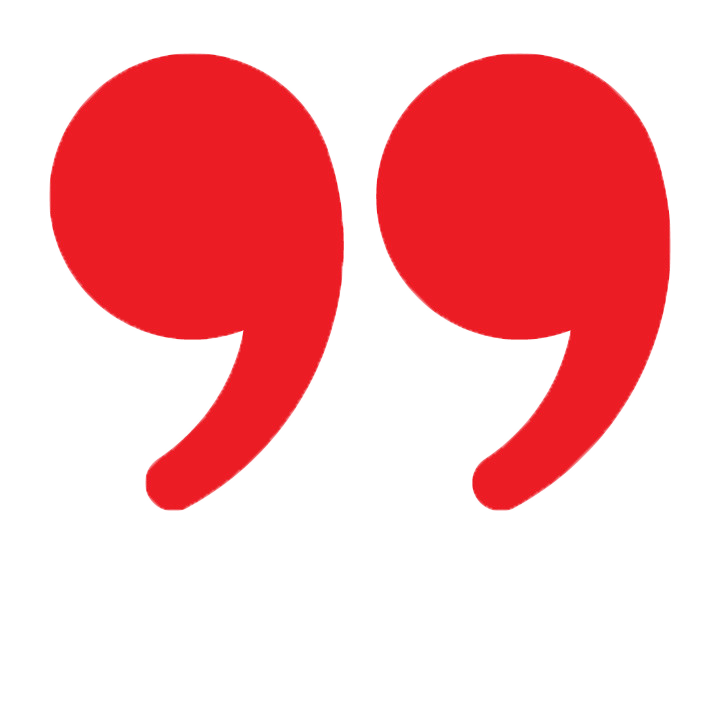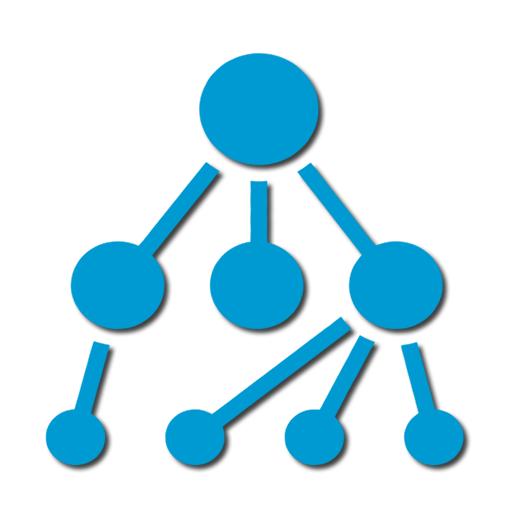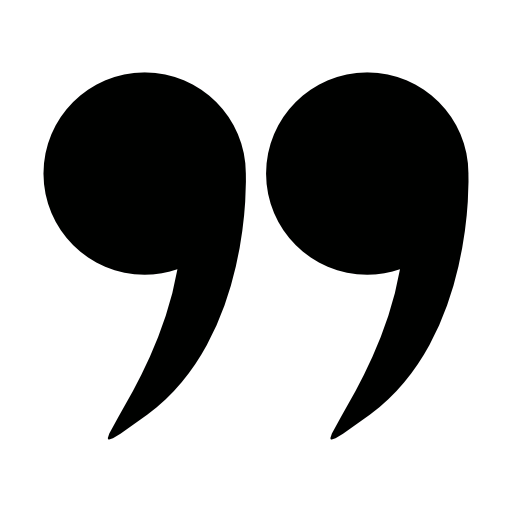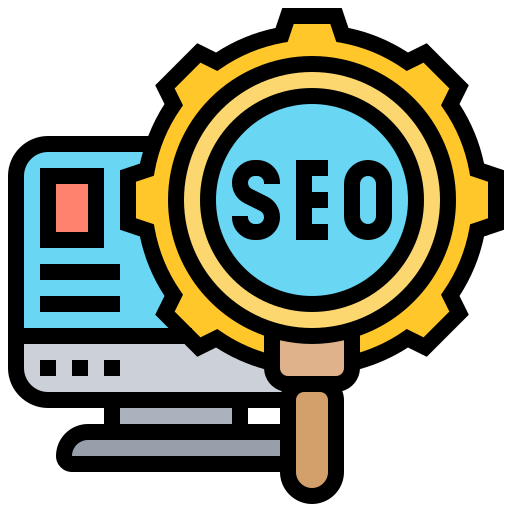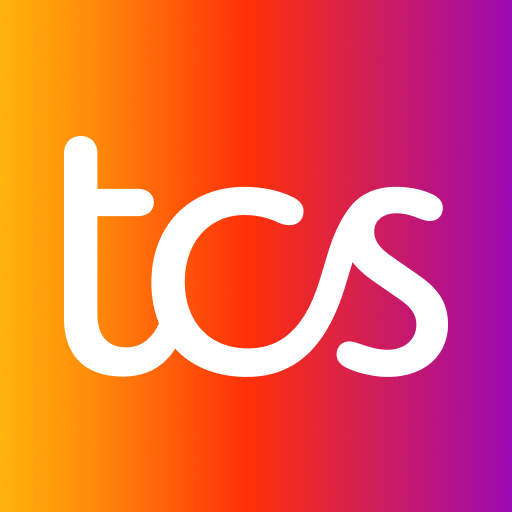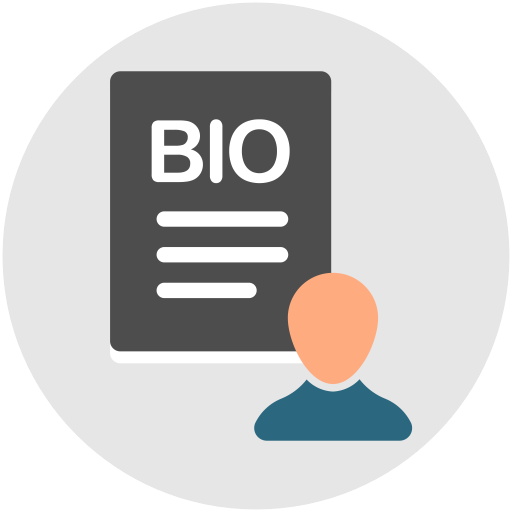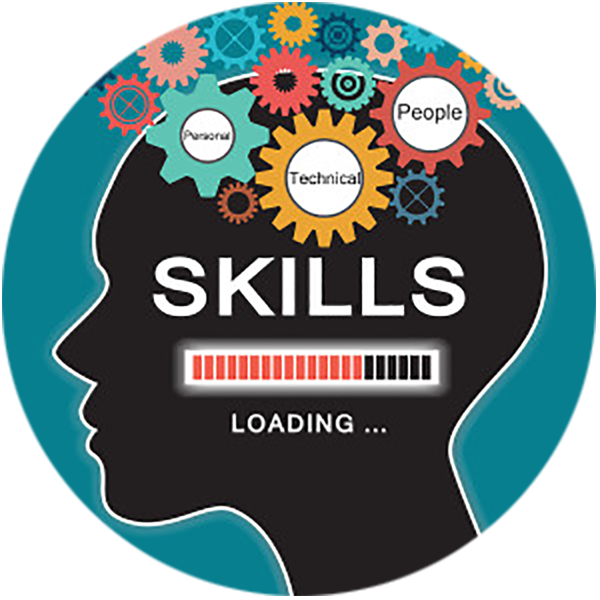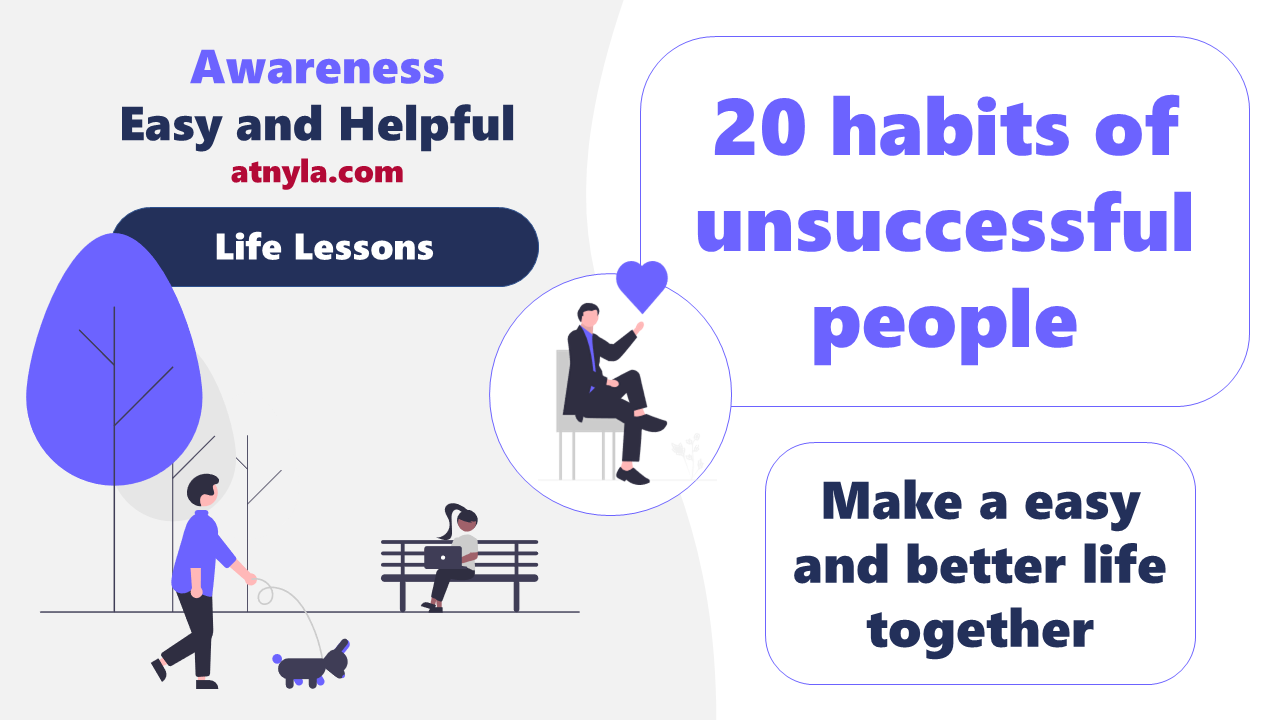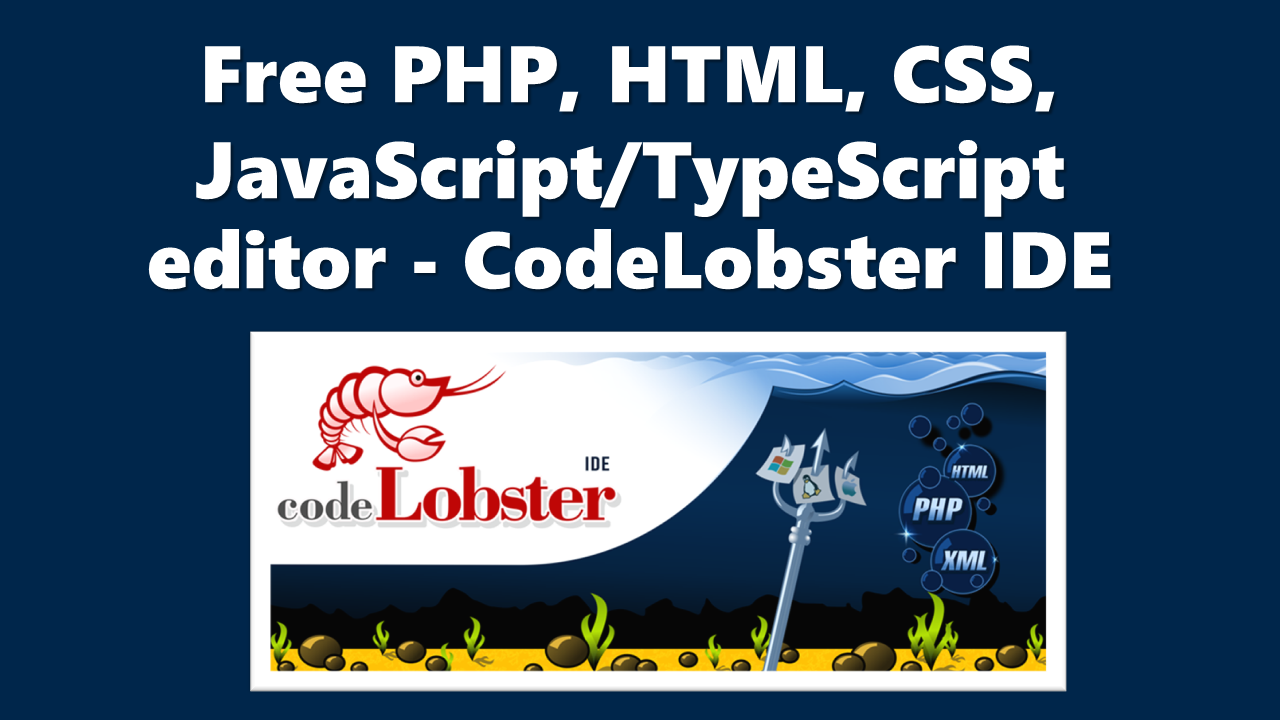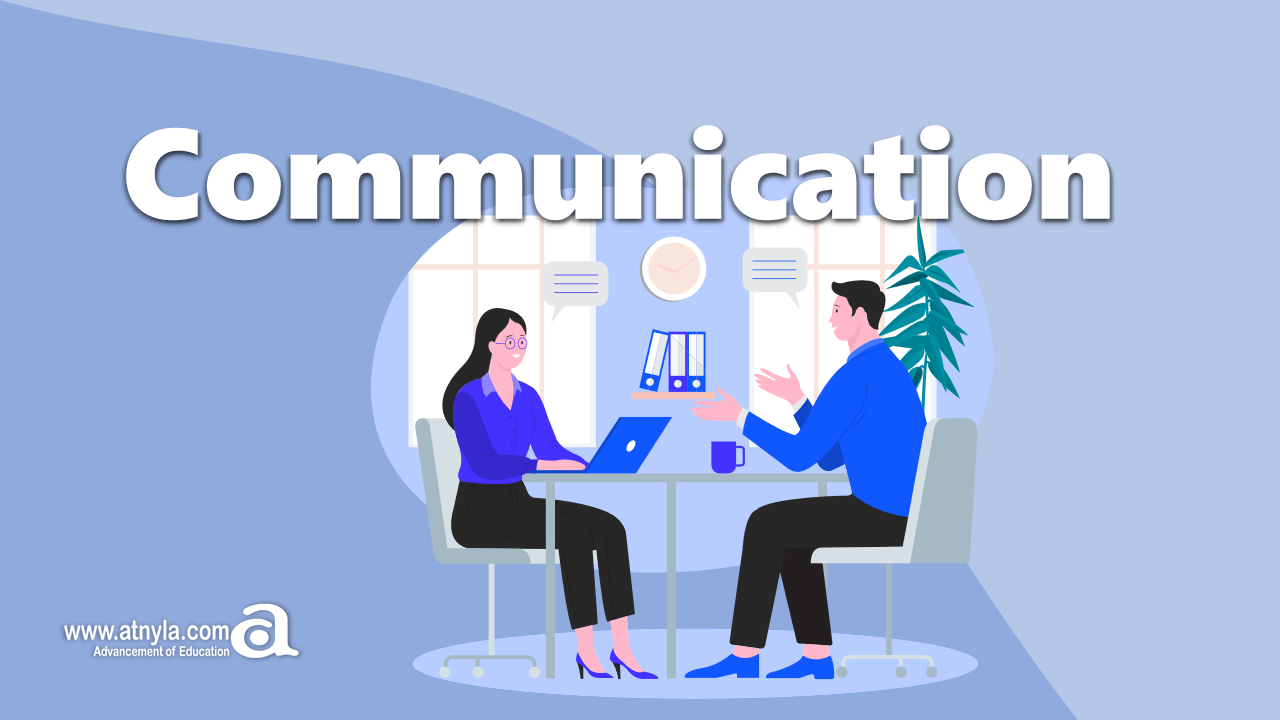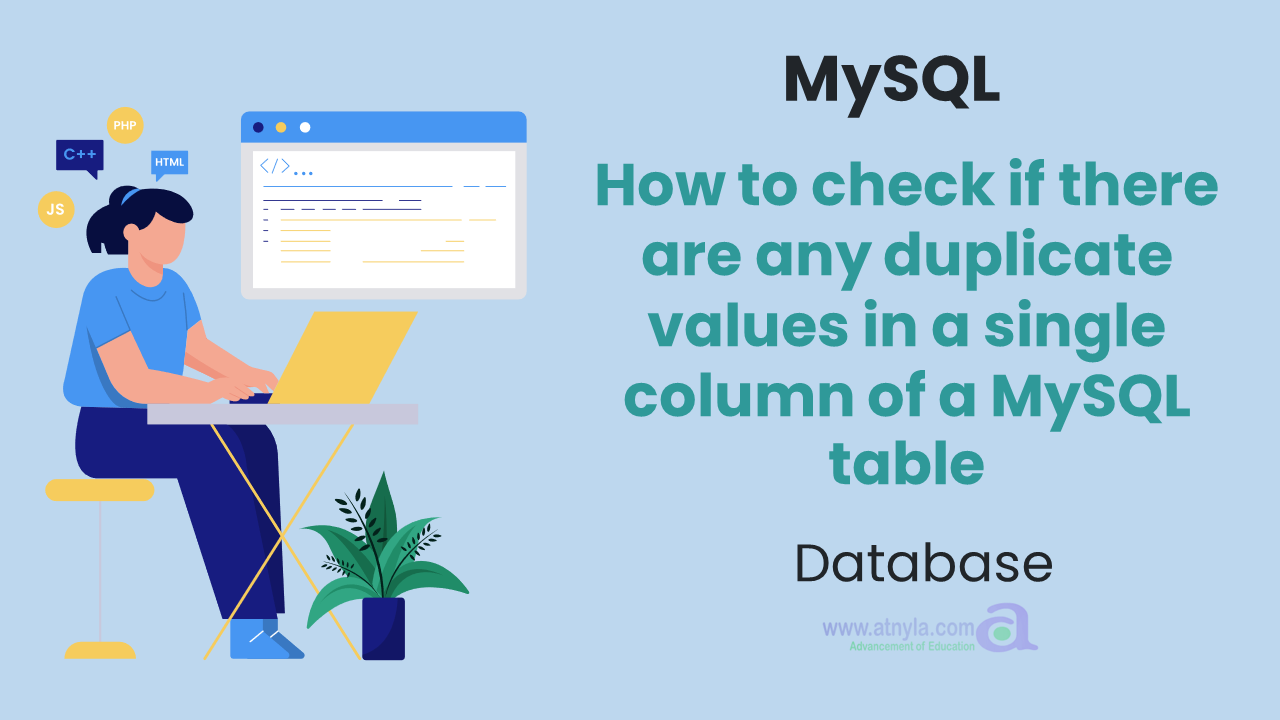How can I identify and overcome my limiting beliefs?
Limiting beliefs are beliefs that hold us back from reaching our full potential. These beliefs are often formed in childhood or through past experiences and can become deeply ingrained in our minds. Identifying and overcoming limiting beliefs is an important part of personal development because it can help us to achieve our goals, boost our confidence, and improve our overall well-being. In this blog, we will explore how to identify and overcome limiting beliefs.
Identifying Limiting Beliefs
The first step in overcoming limiting beliefs is to identify them. To do this, you need to be aware of your thoughts and pay attention to the beliefs that may be holding you back. Here are some questions to ask yourself to help identify your limiting beliefs:
- What beliefs do I have about myself that may be holding me back?
- What beliefs do I have about others that may be holding me back?
- What beliefs do I have about the world that may be holding me back?
- What beliefs do I have about my abilities that may be holding me back?
- What beliefs do I have about my worthiness that may be holding me back?
Once you have identified your limiting beliefs, it's important to examine where they came from. Did they come from a past experience, a family member, or society? Understanding where your limiting beliefs come from can help you to challenge and overcome them.
Overcoming Limiting Beliefs
Once you have identified your limiting beliefs, the next step is to overcome them. Here are some effective strategies to help you overcome your limiting beliefs:
-
Challenge your beliefs: When you notice a limiting belief, challenge it by asking yourself if it's really true. Where is the evidence for this belief? Is it possible that this belief is not entirely accurate?
-
Reframe your beliefs: Instead of focusing on your limiting belief, reframe it in a positive way. For example, if you believe that you're not good enough to achieve your goals, reframe it to "I am capable of achieving my goals with hard work and dedication."
-
Use affirmations: Affirmations are positive statements that you repeat to yourself to help shift your mindset. For example, "I am worthy and deserving of success."
-
Take action: Taking action towards your goals can help to break down limiting beliefs. When you take action and see progress, you will start to believe in yourself more.
-
Practice self-compassion: It's important to be kind to yourself and practice self-compassion. Recognize that everyone has limiting beliefs and it's okay to make mistakes. Treat yourself with kindness and compassion.
-
Get support: Talk to friends, family, or a therapist about your limiting beliefs. Having support can help you to feel less alone and can provide you with different perspectives and insights.
In conclusion, identifying and overcoming limiting beliefs is an important part of personal development. By challenging your beliefs, reframing them, using affirmations, taking action, practicing self-compassion, and getting support, you can overcome your limiting beliefs and reach your full potential. Remember, personal growth is a journey and it's okay to take it one step at a time.
